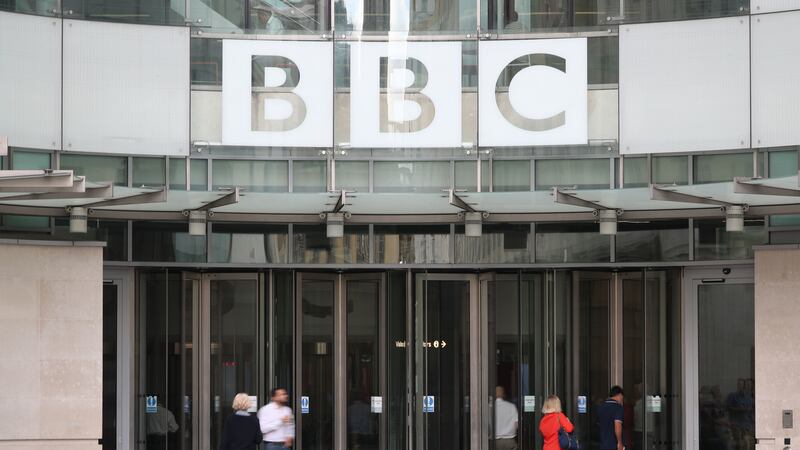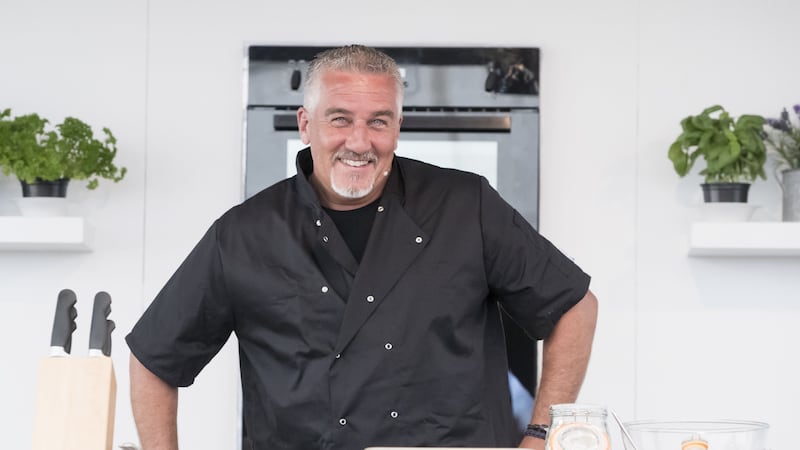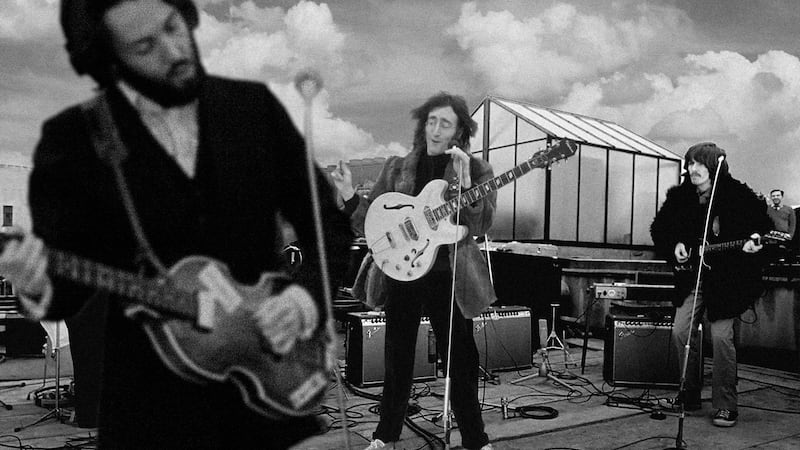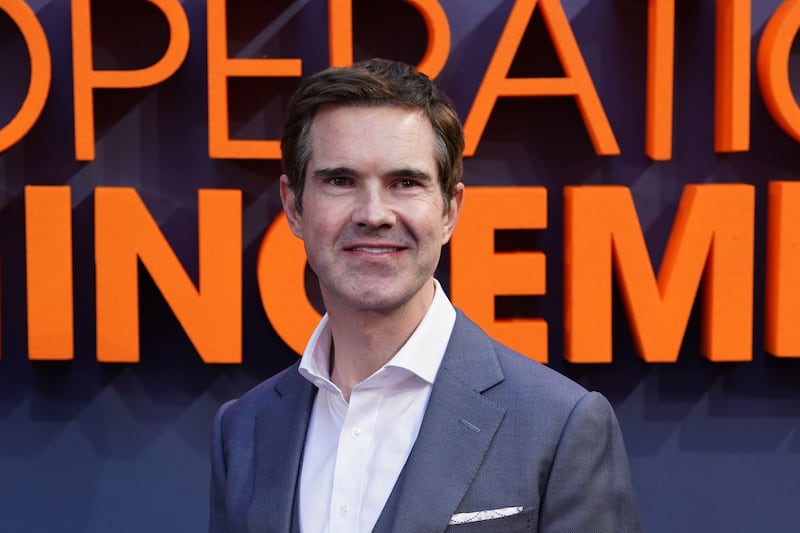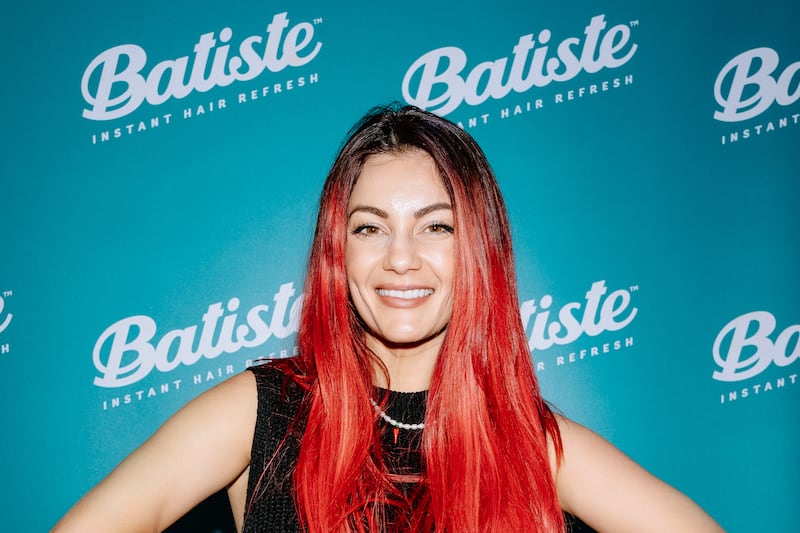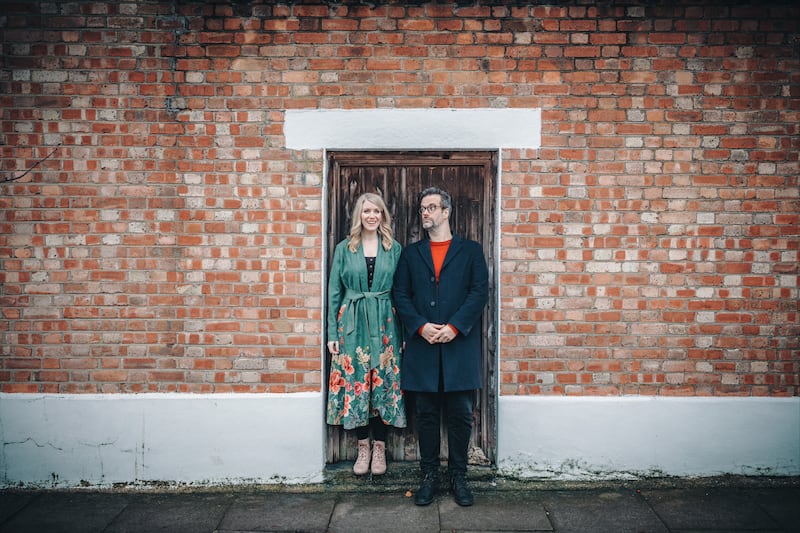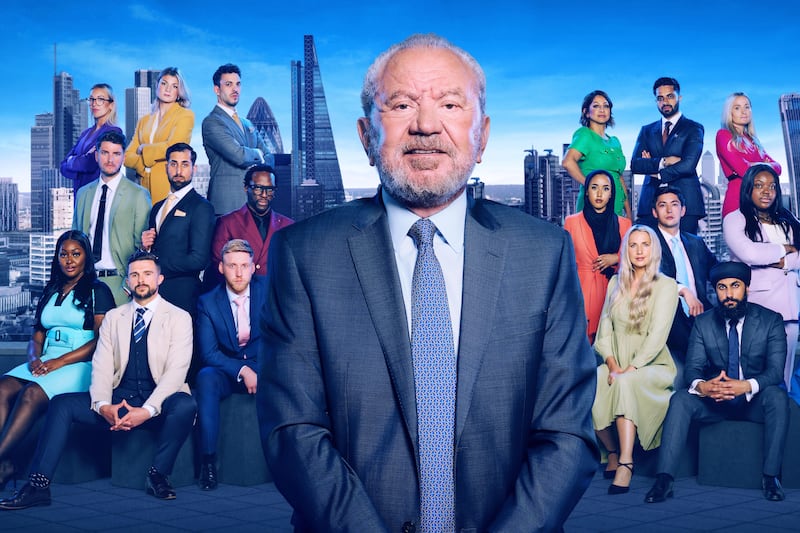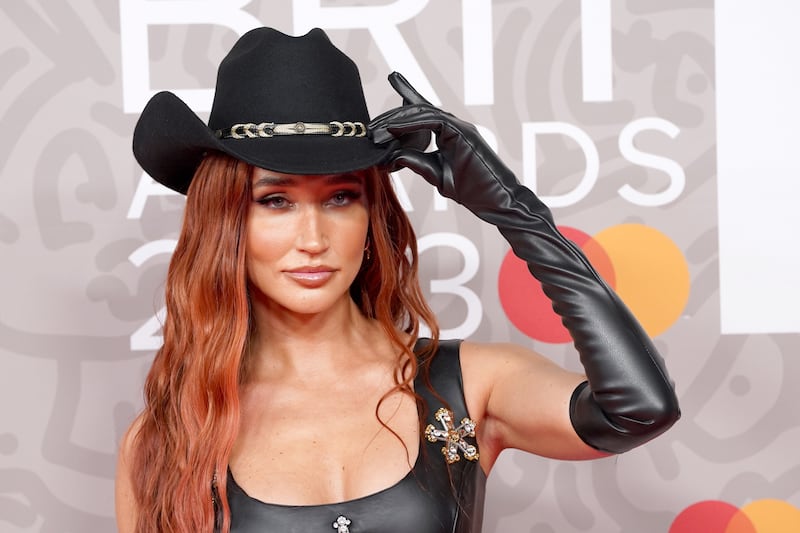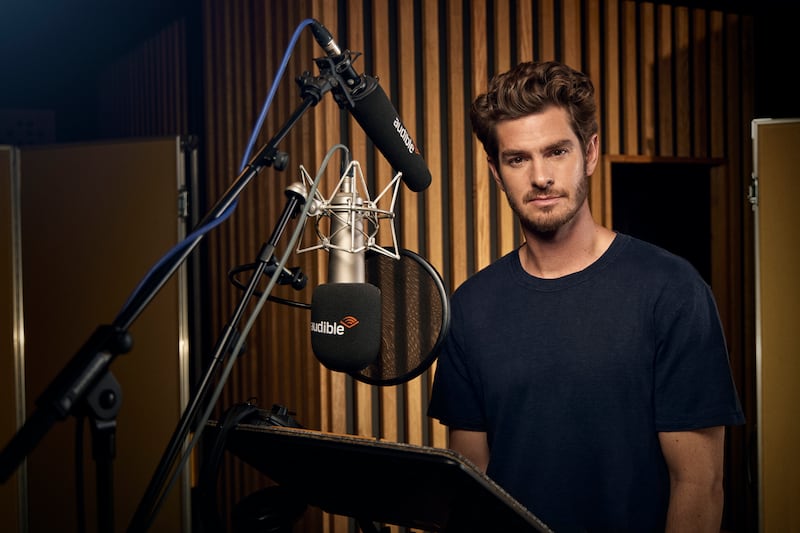Government plans to replace the BBC licence fee are a “massive red herring” to attack the broadcaster, according to a production company boss.
Jon Thoday, the joint founder and co-executive chairman of Avalon, which produces shows such as Channel 4’s Taskmaster, was among a panel of leading production figures who discussed the future of the BBC’s funding model at the Edinburgh TV Festival.
He also expressed why a subscription model is not an appropriate alternative to the licence fee.
Reflecting on the Government’s review of the licence fee, he said: “I think it is a massive red herring. The licence fee has worked for many years. There are issues with it but in the end nothing’s perfect.
“It feels as if its just a way of attacking the BBC.”
Patrick Holland, executive chairman and chief executive of Banijay UK, which has produced shows such as Top Gear, noted that BBC director general Tim Davie has previously mentioned a subscription model for the the broadcaster.
Mr Thoday said the suggestion of subscription models is an “incredibly middle-class media thing”.
He said: “The fact is that most people can’t afford lots of subscriptions and most people want free TV and they always will do, which is why advertisements on the TV are not going anywhere any time soon, and hopefully free – after you’ve paid a licence fee – TV is not going anywhere soon.”

Jane Turton, chief executive of All3Media, which has produced shows including Fleabag and Gogglebox, said no one on the panel has a definitive answer to the BBC licence fee question.
She added that the main concern for producers is that the broadcaster needs to be “properly funded”.
It comes after Culture Secretary Nadine Dorries announced in January that the licence fee will be frozen at £159 for the next two years until April 2024.
She said she wants to find a new funding model before the current deal expires in 2027 as it is “completely outdated”.
She announced a review of the funding model, which she said was due to begin before the Commons summer recess on July 22, but this has been thrown into doubt after the resignation of Boris Johnson as Tory leader.
Also speaking on the panel were David Abraham, co-founder of Wonderhood Studios; Fatima Salaria, managing director of Naked; and journalist and creative leader Pat Younge. The media correspondent for The Times, Jake Kanter, led the discussions.
Following Mr Thoday’s remarks, a DCMS spokesperson said: “The BBC’s funding model needs to be made more sustainable for the future, as it already faces major challenges including radical changes in the way people consume media.
“We have committed to reviewing the licence fee funding model ahead of the next Charter period to explore the potential for alternative ways to fund the BBC.”
